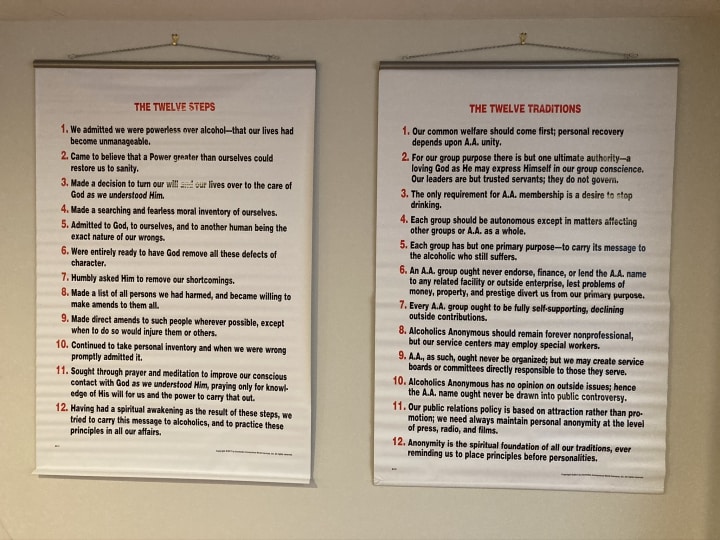
Orange County's Premier Addiction & Mental Health Treatment Center
Download Our App And Join Our Community!
Find Your Recovery
Treatment Programs for
Are you looking for a mental & behavioral health program in Orange County that works for you? Our offerings include various levels of care, including a medically assisted detox program for those struggling with drug or alcohol dependency.

Detoxification
We provide medically-assisted drug and alcohol detoxification as a crucial first step in your recovery journey.

Residential Treatment
We offer 24/7 support at our beautiful residential treatment center for clients needing structured, inpatient care.

Partial Hospitalization
Our PHP meets six hours a day, five days a week providing treatment & therapy for continued support.

Intensive Outpatient
Our Intensive Outpatient Program (IOP) meets three hours a day, five days a week, for added flexibility.
Contact Our Treatment Center Today
Begin Your Mental and Behavioral Health Journey
Tour Our Facilities
Our treatment center is perfectly situated in a serene coastal environment in the vibrant communities of Huntington Beach and Costa Mesa in California. We offer a range of activities tailored to take advantage of our unique location, such as beach volleyball, yoga by the ocean, and surfing. Additionally, we offer ample opportunities for relaxing beachside walks, allowing for a holistic approach to recovery in a picturesque setting.















Testimonials
Find Out What Our Clients Have To Say



Mental Health Comes First
Safe & Sound Treatment’s clinical team takes a compassionate and effective approach to mental illness and behavioral problems. Everyone who comes through our doors is unique, and their care should be treated as such. As a result, clients will work with clinicians, psychiatrists, and therapists with one-on-one attention.
Find a personalized mental health treatment program for:
Drug & Alcohol Treatment
Safe & Sound Treatment’s Drug & Alcohol Treatment programs provide a quality of care unmatched by neighboring treatment centers. Clients coming in with substance use disorders are screened for any co-occurring dual-diagnosis to ensure a treatment plan that heals the person as a whole. These co-occurring conditions often pair with addiction to alcohol and drugs, hence our emphasis on mental health.
Substance abuse is a mental health problem that must be addressed similarly to other non-substance-induced mental issues. One’s mental health must be addressed to ensure long-term sobriety.
Our Drug & Alcohol Rehab Programs include:
Find Enjoyment Through the Recovery Process
At Safe & Sound Treatment, we try to show our clients that life should be fun!
Both mental and physical exercise can improve somebody’s well-being during recovery. Change isn’t just about stopping bad habits; it’s about adopting a healthier, happier lifestyle.
Activities at Safe & Sound Treatment include, but aren’t limited to:

K1 Racing

Sky Diving

Art Therapy

Yoga & Meditation

Paintball

Cardio (Running, Biking, etc.)

Music Therapy

Fishing

Golfing

Bowling

Weightlifting & Crosstraining

Massage Therapy
We Accept Most Major Insurance Providers






Resources
Learn More About Addiction & Mental Health Treatment

What to Do When Someone With PTSD Pushes You Away
What to Do When Someone With PTSD Pushes You Away Living with or loving someone who has post-traumatic stress disorder (PTSD) comes with unique challenges. One of the most

Examining Treatment-Resistant Anxiety: What Can We Do Next?
For millions of people, anxiety disorders—from generalized anxiety disorder (GAD) to panic disorder and social anxiety disorder—can be life-altering. But for some, even the best first-line treatments like cognitive behavioral

Understanding the Fawn Trauma Response
Understanding the Fawn Trauma Response: People-Pleasing as Survival The fawn response is a lesser-known but deeply impactful trauma response in which individuals prioritize others’ comfort and approval to avoid conflict,





















